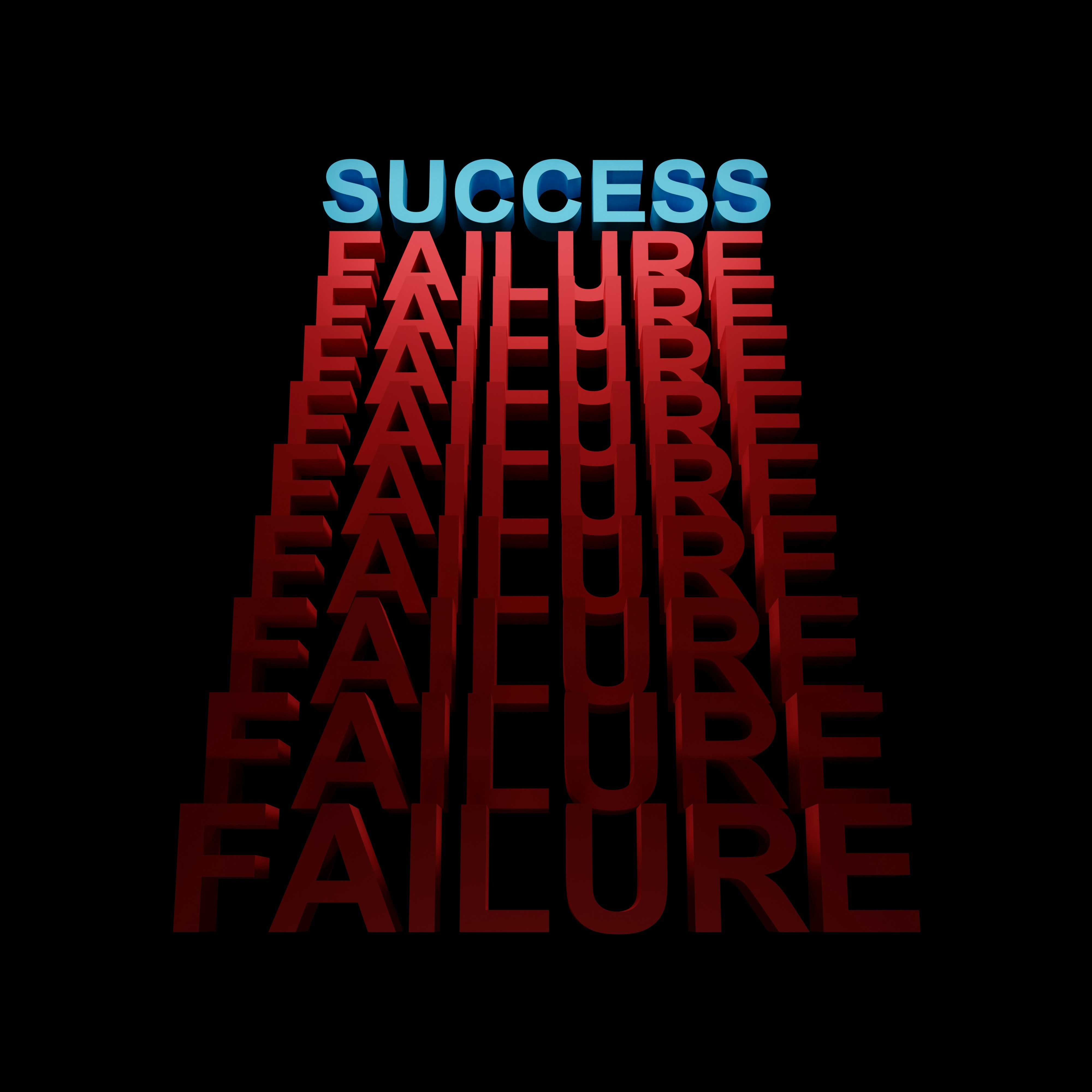· Alex · Startup Tools · 3 min read
Our Approach at Floumy to Project Management for Software Teams
Floumy takes a no-BS approach to project management, helping startups move fast without the chaos.

Why Project Management for Software Teams Is Broken
Software development is chaotic. Deadlines shift, scope creeps, and priorities change overnight. Traditional project management tools either drown teams in complexity or fail to provide enough structure.
At Floumy, we believe early-stage startups need an opinionated approach to project management—one that keeps the chaos under control while allowing flexibility. Our platform is designed specifically for small, fast-moving software teams who need focus, not fluff.
The Problem with Generic Project Management Tools
Most project management tools are designed to be everything for everyone. They offer:
- Too much customization – You can configure anything, but you end up spending hours setting up workflows instead of working on your product.
- No built-in prioritization – Everything feels equally important, leading to decision paralysis.
- Lack of alignment – Teams often lose track of how daily work connects to big-picture goals.
- Poor visibility – Important tasks get buried in cluttered backlogs, making it hard to see what truly matters.
Startups can’t afford this kind of inefficiency. That’s why we built Floumy differently.
Floumy’s Approach to Project Management
1. Opinionated Structure for Startups
We don’t believe in one-size-fits-all tools, but we do believe in guiding startups toward best practices. Floumy provides a structured way to manage work, reducing decision fatigue.
- OKRs as a Foundation – We help you define Objectives and Key Results (OKRs) and connect them to initiatives. Everything your team works on ties back to measurable goals.
- Initiatives & Roadmaps – Major projects (initiatives) live on a simple, visual roadmap. No unnecessary complexity, just clear priorities.
- Work Items – Tasks exist within initiatives, keeping the focus on meaningful progress instead of endless to-do lists.
2. Build in Public with Community Feedback
For startups, early feedback is a competitive advantage. Floumy makes it easy to:
- Collect feature requests and bug reports from users.
- Make selected features public so customers see what’s coming.
- Keep stakeholders engaged with progress updates.
3. No-BS Prioritization
Most backlog tools assume every task is equally important. Floumy doesn’t. Our prioritization features help teams focus on what really matters:
- Weighted Prioritization – Rank tasks based on impact vs. effort.
- Must-Have vs. Nice-to-Have – Clear categorization so the essentials don’t get lost.
- Time-Boxed Planning – Avoid scope creep by limiting work to focused sprints or timeframes.
4. Visibility Without Overhead
Many teams struggle with project visibility. They either have too much tracking (leading to micromanagement) or not enough (causing misalignment). Floumy solves this by offering:
- Simple, always up-to-date dashboards – See progress at a glance.
- Automated reporting – No one should spend hours preparing status updates.
- Transparency across teams – Product, engineering, and leadership stay aligned effortlessly.
Why Startups Need a Different Approach
Enterprise project management tools focus on stability and process enforcement. Startups need agility and speed. Here’s how Floumy is built differently:
| Feature | Traditional Tools | Floumy |
|---|---|---|
| Customizability | Too much | Just enough |
| Prioritization | Generic task lists | Weighted & strategic |
| Visibility | Overcomplicated dashboards | Simple, real-time insights |
| User Feedback | Manual tracking | Built-in feedback collection |
| Goal Alignment | Siloed workflows | OKRs integrated into daily work |
Real-World Impact: How Floumy Helps Startups Stay Focused
Case Study: A Fast-Growing SaaS Team
A small SaaS team adopted Floumy after struggling with Jira and Notion. Their main challenges:
- Lack of clear priorities led to wasted development time.
- OKRs were disconnected from daily work.
- Feature requests from users were scattered across emails and Slack.
After switching to Floumy:
- The team connected work items directly to strategic goals.
- They prioritized tasks based on user impact.
- They engaged users by making upcoming features public.
The result? Faster development cycles and better product decisions.
How to Get Started with Floumy
If your startup is tired of bloated tools or scattered spreadsheets, Floumy offers a better way. Sign up today and see how structured project management can drive real progress.
References
- Doerr, John. Measure What Matters: OKRs
- Ries, Eric. The Lean Startup


